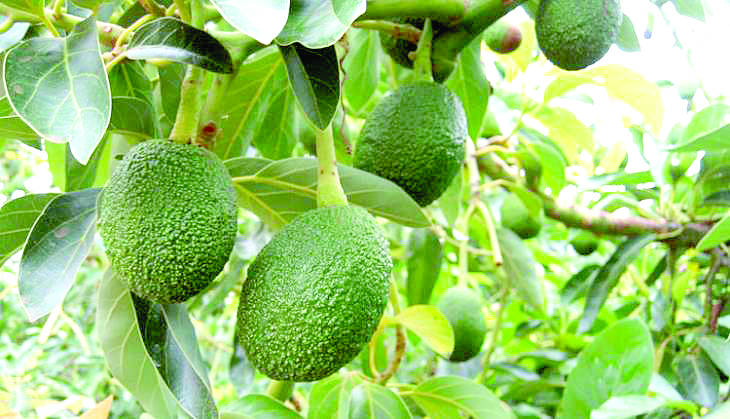Trade CS Lee Kinyanjui pushes for local alternatives to slash Ksh100B edible oil imports

In a bold move to curb Kenya’s reliance on imported edible oils, Cabinet Secretary for Investments, Trade, and Industry Lee Kinyanjui has outlined an ambitious plan to redirect billions of shillings toward local production.
The initiative, aimed at replacing palm oil imports with domestically produced alternatives such as sunflower, coconut, and canola, is expected to inject much-needed capital into the country’s agricultural sector.
According to the Trade CS, Kenya currently imports edible oils worth Ksh100 billion annually, a significant burden on the national trade balance.
Kinyanjui, in a statement posted on X on Friday, February 28, 2025, emphasized the potential for self-sufficiency given the country’s favourable climate and fertile soils.
“Kenya imports edible oils worth Ksh100 billion annually. Palm oil can be replaced with sunflower, coconut, and canola, all of which thrive in our climate,” Kinyanjui wrote.

The CS announced plans to establish a system that will channel import funds toward supporting local farmers, affirming that the initiative is feasible.
“In the coming days, we will invest in a system that redirects funds used for imports into the pockets of our farmers. It is possible,” Kinyanjui stated.
The push for local alternatives aligns with President William Ruto’s broader economic agenda, which seeks to boost agricultural productivity and reduce Kenya’s dependence on costly imports.
By channelling investments into domestic oilseed farming and processing infrastructure, the government could create thousands of jobs while stabilizing commodity prices.
However, challenges remain.
Critics point to the need for increased farmer support, improved supply chains, and technological advancements to ensure local edible oil production meets both quality and quantity demands.
Kenya has attempted similar strategies in the past, but logistical bottlenecks and market dynamics have slowed progress.
Still, Kinyanjui remains optimistic.
“With our favourable climate, fertile soils, and hardworking population, we have a huge opportunity to create jobs and improve livelihoods. It is our responsibility to make it work,” he said.














